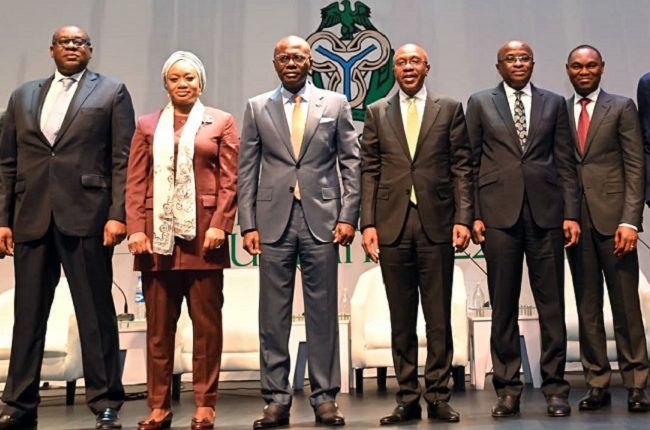Commodities
Nigeria’s Exporters Realise $3.5 Billion in Two Months

Following the introduction of the RT200 forex initiative, the Central Bank of Nigeria (CBN) has said Nigeria’s exporters realised a combined $3.5 billion in two months.
Godwin Emefiele, the governor of the CBN, disclosed this on Thursday at the RT200 non-oil export summit organised by the apex bank.
The foreign exchange repatriation was realised in April 2022, just two months after the official launch of the program on February 10, 2022.
On February 25, CBN introduced the RT200 non-oil export proceeds repatriation rebate scheme to incentivize exporters in the non-oil sector to encourage repatriation and sale of export proceeds into the foreign exchange market.
This, the apex bank said was necessary to stabilise and sustain inflows of foreign exchange in order to protect the economy against external shock and forex shortages. The scheme pays N65 for every US$1 repatriated and exchanged at the Investors and Exporters forex window to Authorised Dealer Banks (ADB) for other third-party use.
CBN promised to pay N35 for every US$1 repatriated and sold into I&E Window for own use.
According to the bank boss, exporters that repatriated the $3.5 billion have received over N3.5 billion in rebates under the scheme.
Emefiele, therefore, urges players in the non-oil space to work together with ADB to ensure improved export operations that will result in foreign exchange inflows into Nigeria.
The main reason the apex bank introduced the rebate scheme was to discourage black-market patronage and stabilise the nation’s forex market by ensuring forex transactions are performed at the apex bank’s regulated rates.
For instance, the Naira was sold at N415.79 for a United States Dollar by the CBN for onward sale to customers at N416.79. However, black markets across the country are selling dollars between N610 to N610 and buying at N585, against the N415.79 stipulated by the CBN. Hence, why the CBN introduced the rebate to halt some of the supplies going into the black market and gradually converge the nation’s foreign exchange rate.